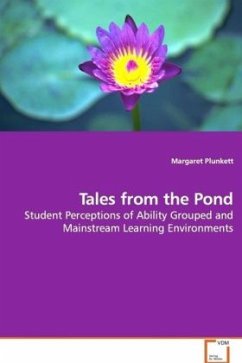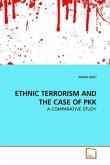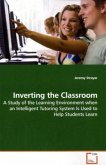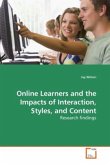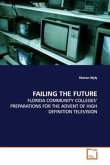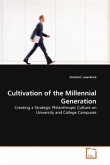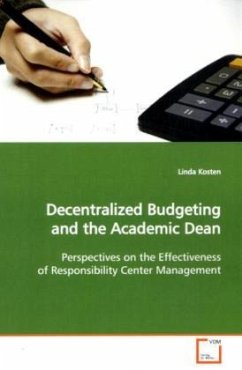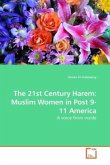This book presents an alternative interpretation of a
practice that tends to attract a great deal of
negative press that of ability grouping. Often
viewed as elitist and a means of reinforcing the
status quo in unequal societies, the educational
practice of grouping on the basis of ability has
engendered distrust in egalitarian Australia for many
years. This study challenges this notion through
examination of a disadvantaged rural secondary
school s attempt to create a learning environment
that is appropriate for highly able students, while
not disadvantaging mainstream students not involved
in the program. The metaphor of a pond is woven
through the study, representing Marsh's Big Fish
Little Pond Effect, which is critiqued. Through a
mixed methodological approach, the views of students
in both the grouped and mainstream settings were
examined to determine their levels of satisfaction
with their educational experience. The study found
that although the ability based setting provided a
suitably nurturing environment for the able students,
it was not viewed as desirable by mainstream
nonmembers, suggesting that appropriate provision may
require different educational responses.
practice that tends to attract a great deal of
negative press that of ability grouping. Often
viewed as elitist and a means of reinforcing the
status quo in unequal societies, the educational
practice of grouping on the basis of ability has
engendered distrust in egalitarian Australia for many
years. This study challenges this notion through
examination of a disadvantaged rural secondary
school s attempt to create a learning environment
that is appropriate for highly able students, while
not disadvantaging mainstream students not involved
in the program. The metaphor of a pond is woven
through the study, representing Marsh's Big Fish
Little Pond Effect, which is critiqued. Through a
mixed methodological approach, the views of students
in both the grouped and mainstream settings were
examined to determine their levels of satisfaction
with their educational experience. The study found
that although the ability based setting provided a
suitably nurturing environment for the able students,
it was not viewed as desirable by mainstream
nonmembers, suggesting that appropriate provision may
require different educational responses.

